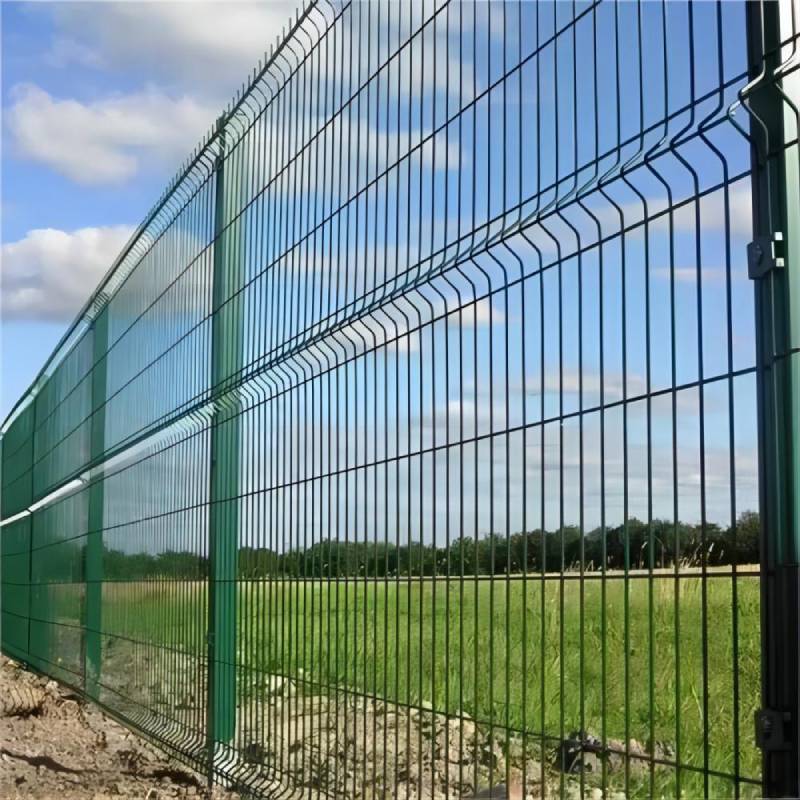Choosing the Right Nails for Your Wooden Deck Construction
Choosing the Right Nails for Your Wood Deck
Building a wood deck can be a rewarding project that enhances your outdoor living space. However, one of the most critical considerations in the construction process is selecting the appropriate nails for securing your decking boards. Using the right type of nails not only affects the structural integrity of your deck but also influences its longevity and aesthetic appeal.
Types of Nails for Wood Decks
When it comes to decking nails, there are various types to choose from, each with its specific advantages. The most common types include
1. Common Nails These are heavy-duty nails used primarily for securing heavier components of the deck. Common nails are made of steel and have a thick shank, making them ideal for structural applications.
2. Decking Screws While technically not nails, decking screws are often favored for their superior holding power and resistance to corrosion. Decking screws typically have a washer head that helps to secure the deck boards tightly against the joists, reducing the chance of uplift.
3. Galvanized Nails For outdoor use, it’s crucial to choose nails that are resistant to rust and corrosion. Galvanized nails are coated with a layer of zinc, providing protection against the elements. Look for hot-dipped galvanized nails, as they offer better corrosion resistance than electro-galvanized options.
4. Stainless Steel Nails For those looking for a premium option, stainless steel nails are the best choice. They are incredibly durable and resist rust, making them perfect for coastal areas where salt air can cause corrosion. While they may be more expensive, their longevity and performance can justify the cost.
5. Ring Shank Nails These nails feature rings along the shaft that enhance holding power by creating friction within the wood. This makes them an excellent choice for areas subjected to movement and stress, such as decks.
nails for wood deck

Considerations When Selecting Nails
When deciding on the type of nails for your wood deck, consider the following factors
1. Wood Type Different types of wood have distinct characteristics that can affect nail performance. Hardwoods like ipe and mahogany may require more robust nails or screws due to their density.
2. Environmental Conditions Consider the climate in your area. If you live in a region with high humidity or exposure to saltwater, prioritize corrosion-resistant options like galvanized or stainless steel nails.
3. Deck Design The design and layout of your deck may dictate the type of fasteners you use. For example, using screws may provide better support for boards installed at unconventional angles.
4. Decking Material Composite decking materials often require specific types of fasteners to avoid damage. Be sure to adhere to the manufacturer’s recommendations for the best results.
5. Nail Length and Gauge The length and thickness of the nails or screws are critical for ensuring a secure fit. A good rule of thumb is to choose nails that penetrate at least 1.5 inches into the framing of the deck.
Conclusion
Selecting the right nails for your wood deck is essential for ensuring its structural integrity and durability. Whether you opt for galvanized nails, decking screws, or a premium stainless steel option, consider the factors that affect performance, such as wood type, environmental conditions, and the specific requirements of your decking material. By making informed choices, you can create a beautiful and lasting outdoor space that you and your family will enjoy for years to come.
-
Space-Saving Chain Fence Hacks Vertical Gardening with Cyclone MeshNewsJul.16,2025
-
Innovations in Iron Nail Wire Production for Modern ConstructionNewsJul.16,2025
-
Creative Uses of Wire Netting Fence in Modern Landscape DesignNewsJul.16,2025
-
Barbed Wire Fence Innovations in Anti-Climb TechnologyNewsJul.16,2025
-
Architectural Uses of Umbrella Nails for Aesthetic Roof DesignsNewsJul.16,2025
-
Architectural Uses of Razor Barbed Wire in Secure Urban DesignNewsJul.16,2025




